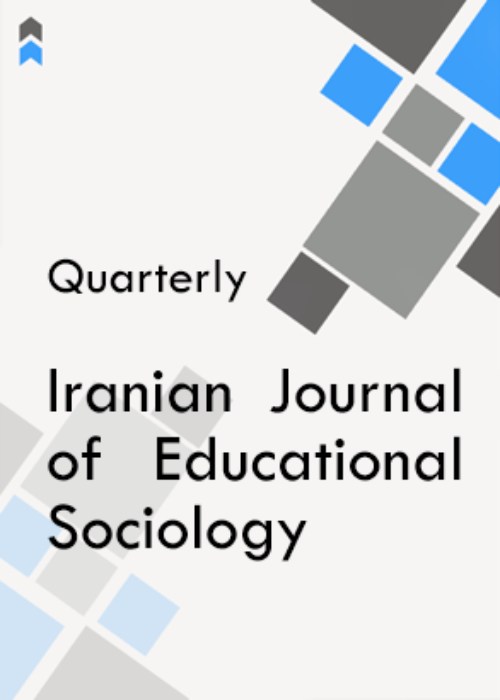Designing the Resilience Pattern of Higher Education Institutions in Response to the Covid-19 Pandemic based on Grounded Theory
The Covid-19 pandemic has presented unprecedented challenges to higher education institutions, necessitating a robust resilience framework to navigate disruptions and ensure continued educational excellence. This study aimed to design a resilience pattern for higher education institutions based on grounded theory, drawing insights from the experiences of stakeholders in Islamic Azad Universities in Tehran, Iran.
The present study in terms of purpose was applied and in terms of implementation method was qualitative. The target population was all students, employees, and faculty members of Islamic Azad Universities in Tehran, Iran. The sample size of this study was determined based on the principle of theoretical saturation, resulting in a total of 29 participants who were selected by the purposive and theoretical sampling method and were underwent to a semi-structured interview. Interview validity was established using triangulation, and reliability was assessed using the intercoder agreement coefficient method, yielding a value of 0.72. The data obtained from semi-structured interviews were analyzed using open, axial, and selective coding techniques in ATLAS.ti qualitative software version 9.
The analysis showed that the resilience pattern of higher education institutions in response to the Covid-19 pandemic had 189 concepts, 39 subcategories and 10 main categories based on the systematic grounded theory. In this pattern, the central phenomenon was the resilient response of higher education institutions to the Covid-19 pandemic. Causal conditions were categorized into three main categories: individual (6 subcategories, 29 concepts), organizational (7 subcategories, 41 concepts), and social (3 subcategories, 11 concepts). Intervening conditions consisted of national factors (4 subcategories, 18 concepts), while context were represented by global factors (4 subcategories, 16 concepts). Strategies included prediction and prevention (3 subcategories, 17 concepts), response and coping (5 subcategories, 24 concepts), and adaptation and compatibility (3 subcategories, 18 concepts). Consequences were classified into short-term (2 subcategories, 8 concepts) and long-term consequences (2 subcategories, 7 concepts). Finally, the resilience pattern of higher education institutions in response to the Covid-19 pandemic based on grounded theory was designed.
The proposed resilience pattern serves as a valuable guide for higher education institutions to proactively address the challenges posed by unforeseen disruptions, fostering adaptability and sustainability in an increasingly volatile world. The framework emphasizes the importance of resilience not only at the organizational level but also among students, staff, and faculty members. By incorporating this pattern into their strategic planning and operational practices, higher education institutions can enhance their capacity to navigate crises such as Covid-19 pandemic and emerge stronger amidst adversity.
- حق عضویت دریافتی صرف حمایت از نشریات عضو و نگهداری، تکمیل و توسعه مگیران میشود.
- پرداخت حق اشتراک و دانلود مقالات اجازه بازنشر آن در سایر رسانههای چاپی و دیجیتال را به کاربر نمیدهد.


